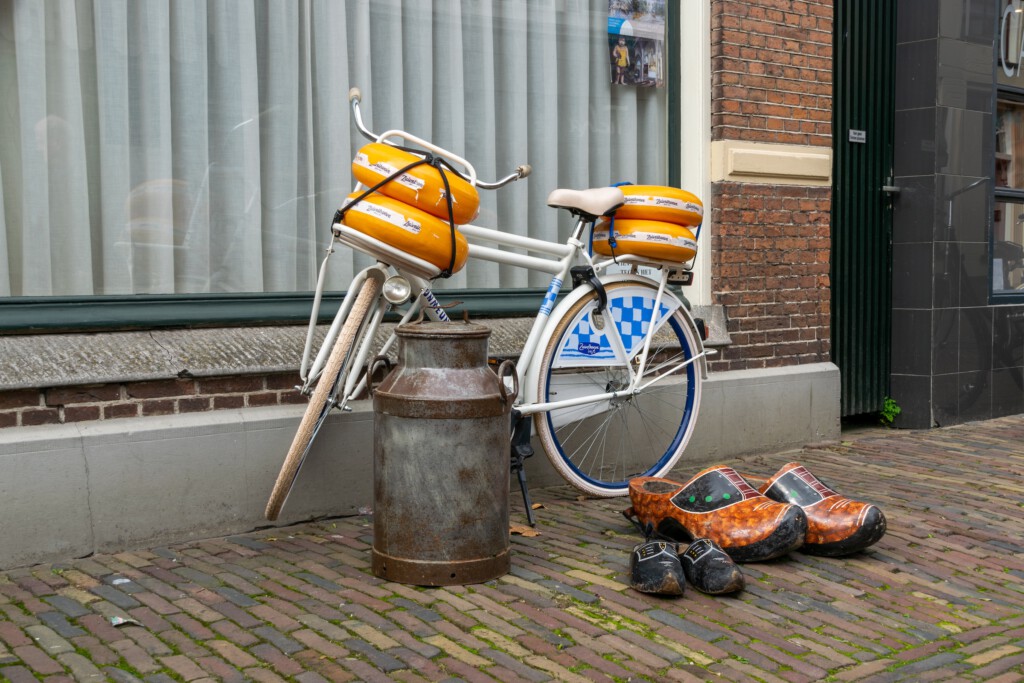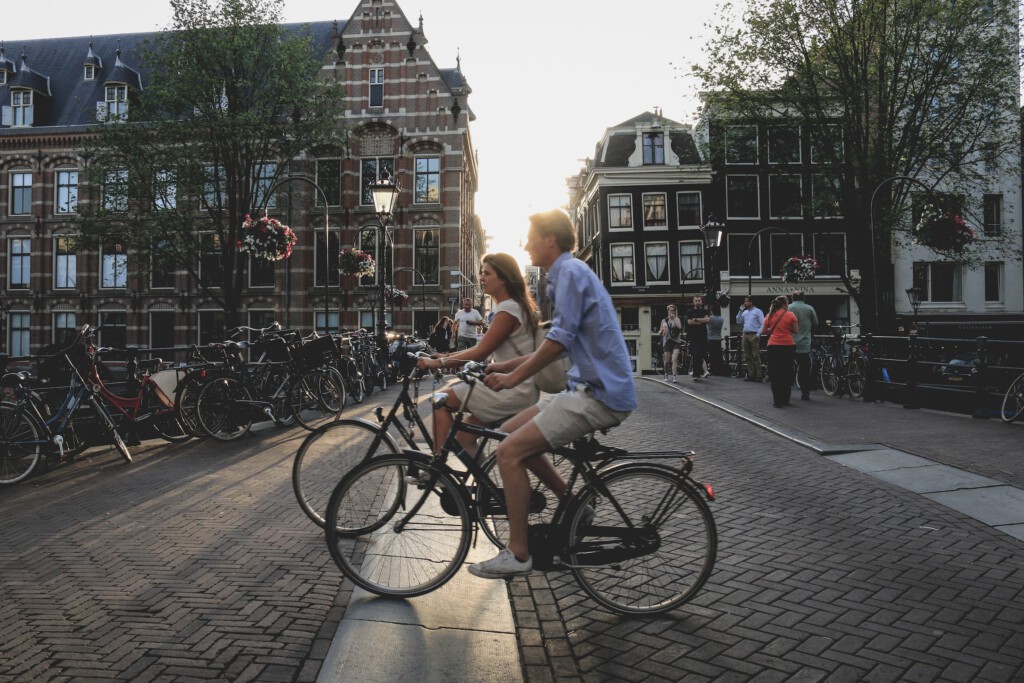You have arrived in the Netherlands, found accommodation and taken care of all the formalities necessary for this important step. Everything seems great, you feel like a new person, you are excited to discover the new city that has adopted you. This excitement lasts for quite a short time, then you start to feel homesick, homesick for your loved ones and homesick for everything you had before you moved here. The food doesn't taste the same, public transport isn't as efficient, bike after bike, rain, cold, wind.
Is this normal? Is there something wrong with you? Why is it so hard for you to adjust? Everything is so different...
All of the above is a normal process that most people who decide to move go through, and is called "culture shock" ("culture shock").
Culture shock is the process of adapting from living in a familiar environment to living in a completely new environment. It talks about how the experience of a new living environment can upset a person's mental balance. The landscape, the weather, the people, the language, the food, the religion, the holidays and the culture - everything is different, uncertain and unpredictable.

Culture shock has 5 stages:
1. Pre-departure period
2. The feeling of holiday
3. Anger stage / Shock peak
4. Adaptation
5. Reverse culture shock
1. Pre-departure period
Culture shock starts before you leave home, when a sense of uncertainty sets in: Is it the right decision to leave? Will I settle in? Have I chosen the right place?
2. Holiday feeling
The first few weeks after arrival, most people feel a sense of excitement and are full of energy - similar to the holiday feeling.
3. Anger stage / Shock climax
This is the stage we refer to when we talk about culture shock. It can last several months, or even years in the case of students. It lasts on average between three and six months.
After the euphoria stage, disorientation sets in. You feel like you don't belong in the new place, it's tiring to keep speaking another language.
At this stage, you may feel that you have failed, you may experience feelings of anger and self-distrust. Some people feel so overwhelmed by homesickness that they decide to return.
4. Adaptation
At this stage you start to learn more about the culture of the new country, and slowly, slowly, you come to accept it. You stop trying to judge things around you by reference to your own culture, but try to see things through the eyes of the locals.
5. Culture shock reversed
This is the process of readjustment when you return from where you left after living in another country. Although it follows the same steps, it is usually shorter but more intense and you will be overwhelmed with a sense of joy to return, but you will realise that everything is not the same as you remember - you have changed a lot and so has the place you left.
You should know, however, that people react differently to culture shock - for some it is more intense. Although it's a very difficult time and nothing seems to be going right, try to stay positive and remember that everyone is going through the same frustrations as you, even if it seems easy for them. Talk about what you're feeling with your friends, and you'll find that they're going through the same things, they're probably just afraid to share their experience because they don't know if what they're feeling is normal or not.
When you get over the peak of culture shock, you will be a much stronger person and you will see how much you are capable of doing!

Tips&Tricks for getting through culture shock easier:
- Get ready before you go
Learn as much as you can about the country you will be going to, including the culture, customs, language and education system. The better prepared you are, the easier it will be to cope with culture shock.
- Get involved in your local community
Participate in cultural events, festivals and local activities. This will allow you to meet new people and better understand local culture and traditions.
- Talk about how you feel
Don't hesitate to ask for help or advice from fellow students, teachers, student advisers or the local community. There are often support programmes for international students that can help you adapt and overcome culture shock.
- Explore and travel
Take time to explore and discover your host country. Travelling will help you see and experience more aspects of the local culture and give you a broader perspective on your new location.
- Be patient with yourself
Adapting to a new culture can take time. Don't expect to feel completely integrated or to adjust overnight. Be patient with yourself and give yourself time to adapt gradually.
- Enjoy the experience
Moving abroad is a unique opportunity to develop personally and experience new things. Enjoy every moment and be open to what's on offer!
Article by Alexandra Runceanu
Alexandra is a first year student in the Netherlands studying Marketing Management. She joined the Rompro team recently to share her student experiences in the Netherlands. She is a sociable person who likes to get involved in as many activities as possible. Paradoxically, she absolutely loathes the Dutch weather, and cycling.

1 Comments
Andreea
It helped me a lot when I started to rebuild my social life: other friends and communities where I found myself. In this sense, I was initially helped by Rompro-connected Romanians and later by local Facebook groups that regularly organized meetings. And now we have a social life as active as in Romania.